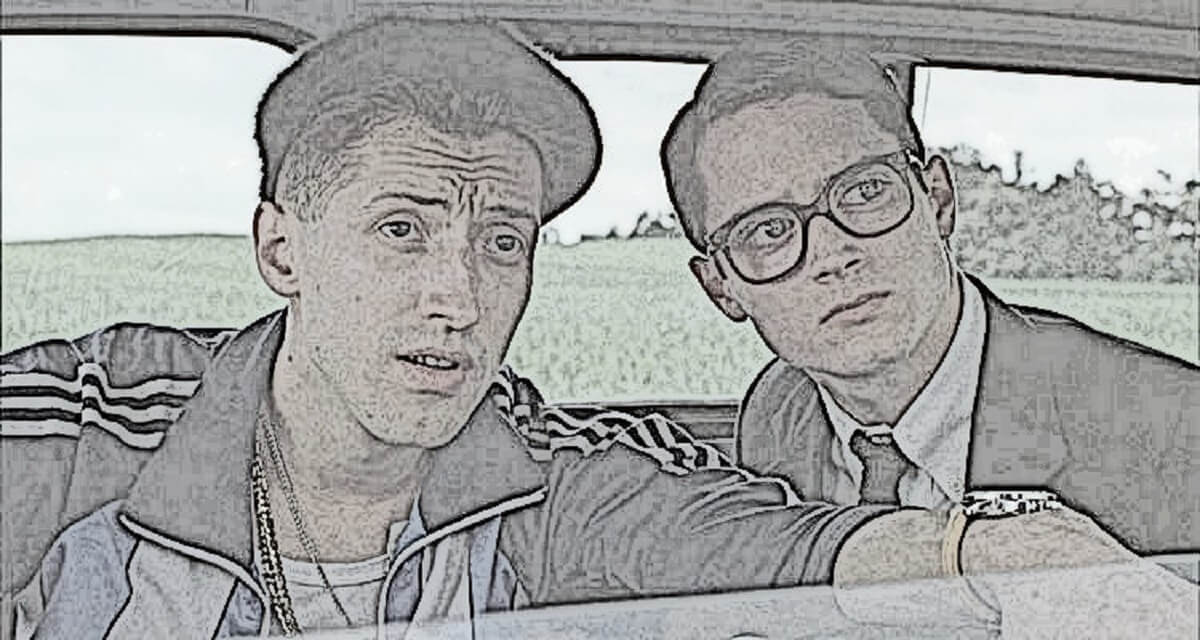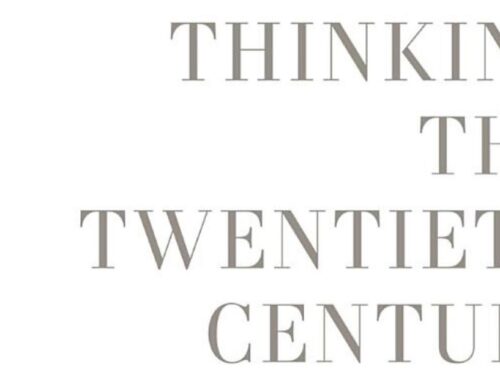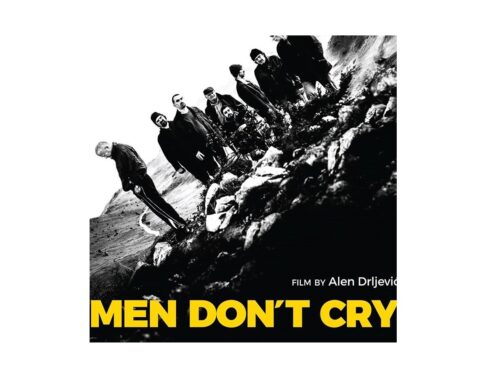Violent conflicts and decades-long communist repression have left a footprint on the people of Eastern Europe. The ‘collective trauma’ of the former Eastern bloc has become an increasingly popular subject of study, but many still struggle to grasp the phenomenon in its entirety. Capturing the complex emotions that collective trauma holds might be best left to the lens of a camera – a thought shared by Liev Schreiber, the director of ‘Everything is illuminated’ (2005).(1)
The film tells the story of Jonathan, a Jewish-American man, obsessed with collecting anything – be it a potato or a grasshopper – that holds relation to his (recent) past. Jonathan’s story unfolds when he goes on a trip to Odessa to conduct a ‘very rigid research’ on his family history. Moving from place to place, Jonathan actually travels through Ukraine’s past: graveyards alternate memorials, Soviet flats alternate Matryoshka dolls. At the same time, much appears to be erased from memory: the village Jonathan is heading to is not known by the people passing by, nor does its name seem to ring a bell.
Jonathan’s personal journey starts earlier. Upon arrival in Odessa, Jonathan finds his alter ego in his translator, Alex. At odds with the tense and somewhat nervous Jonathan, Alex is a self-confident man captivated by American pop culture and employed at the former business of his grandfather that deals with ‘Ukrainian Heritage Tours’ for wealthy Holocaust survivors. Even though appearing like complete opposites, the viewer slowly but steadily understands that the two share more than meets the eye. Both protagonists are third-generation Holocaust survivors from Ukraine and try in different ways to follow in the footsteps of their respective grandfathers, whom they both have been named after.
In the case of Alex, his grumpy grandpa Alexander senior seems to be totally oblivious to his past – despite exploiting it for business purposes – and uses glasses to treat his pseudo-blindness. The ‘very rigid research’ into the family’s history is initiated by Jonathan, but the joint trip confronts Alexander sr. with his past and makes him leave his ‘ignorance goggles’. Sharing the narratives of both Alex and Jonathan as well as Alexander sr. and Safran, the film poses questions about what impact temporal and physical distance to a trauma can have on a victim’s own understanding of it. How have Safran and Alexander sr. experienced collective trauma, and how have they passed it onto the next generation?
As shows, tensions of memory are displayed in great detail by Liev Schreiber in the protagonists: in a split between forgetting and remembering, and being ‘good’ or ‘bad’, Jonathan and Alex try to cope on their own terms with the past, to in the end conclude that “everything has illuminated, in light of the past”. Whether it is blindness or fear that withholds one from seeing the past for what it is, the story tells us that without looking back one cannot move forward. It is when facing the past, that Alexander feels at peace to take his own life, but he does not do so without honoring his Jewish origins.
Liev Schreiber does a brilliant job in showing the multiple layers of collective trauma, and unfortunately, in the case of Ukraine, this is a theme more relevant than ever.
Reference:
(1) The film is based on an autobiographical novel by Jonathan Safran Foer (2002)
Bibliography:
Everything is illuminated (2005). Directed by Liev Schreiber. United States: Warner Independent Pictures
Picture:
https://www.rabbit-reviews.com/movie-recommendations/drama/everything-is-illuminated-2005



